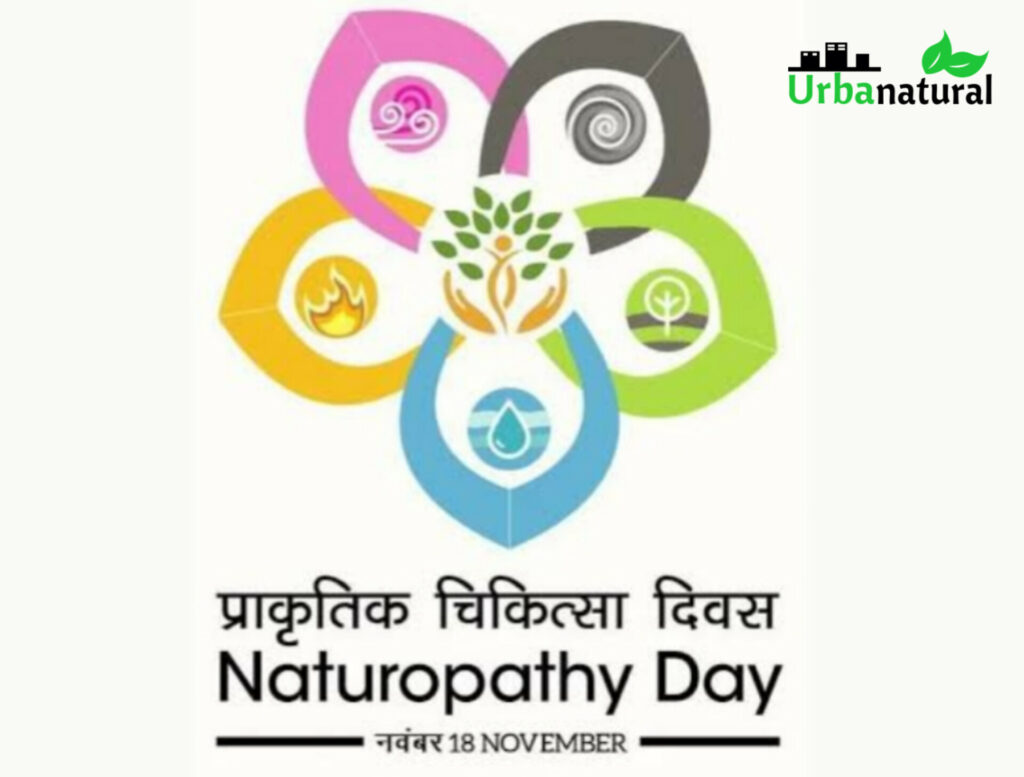On World Antibiotic Awareness Week, learn how excess use of antibiotics can cause resistance which can make even common infections incurable.
With the growth of antibiotic resistance complicating treatments for several diseases in India, we might reach a stage where common infections become incurable. Antibiotic resistance is a global threat to health and is part of a bigger problem called antimicrobial resistance (AMR).
AMR refers to the ability of a microorganism (like bacteria, viruses, and some parasites) to stop an antimicrobial (such as antibiotics and antivirals) from working against it. As a result, standard treatments become ineffective, infections persist and may spread to others, according to the World Health Organization (WHO).
Each year, drug-resistant infections kill around 7,00,000 people worldwide, and by 2050, this figure could increase to 10 million, according to an estimate. A World Bank report analysing the economic threats of AMR also suggests a decline of 3.8% of world’s annual GDP by 2050. In India, the problem of antibiotic resistance is even more crucial as the country bears a huge burden of infectious disease.

“The tropical wet and dry climate of India provides suitable conditions for proliferation of bacterial disease. India bears one of the highest burdens of bacterial infections,” says Rajeshwari Sinha of Centre for Science and Environment (CSE), a New Delhi-based research organisation. “This, along with largely unsanitary conditions, limited infection prevention and control, poor environmental regulations and practice, and inadequate health systems allow for the high prevalence of infectious diseases,” Sinha added.
With easy availability of cheaply priced antibiotics over-the-counter, there is growing antibiotic use. The result of such overuse, and often misuse, of drugs is antibiotic resistance. “‘Bad bugs, no drugs’ is no longer a mere slogan. The nightmare is turning into a reality. There is a surge in patients with multidrug resistant bacteria both on outpatient and inpatient basis,” said Monica Mahajan, associate director, Internal Medicine, Max Healthcare.
Besides urinary tract infections, antibiotic resistance is making it difficult to treat ICU (intensive care unit) infections and central lung infections, according to Rajesh Chawla of Indraprastha Apollo Hospital in New Delhi. Both therapeutic and non-therapeutic use of antibiotics in poultry and other animals are also contributing to the growing problem of antibiotic resistance, according to the experts
Giving low doses of antibiotics routinely to animals mostly though feed, to fatten it in less time and less feed is a common practice. According to Supradip Ghosh of Fortis Escorts Hospital in Faridabad, Haryana, other factors driving antibiotic resistance in India include lack of awareness among both medical professionals and general public about the importance of preserving antibiotics.
A CSE study earlier this week revealed that while popular fast food multinationals made specific commitments to eliminate antibiotic misuse in chicken supply chains in developed countries, they have not taken such steps in India. The report accused these global giant of adopting “double standards”.
To address the issue, a Strategic National Action Plan (NAP) on AMR, led by the Ministry of Health and family Welfare and supported by the WHO, was released in April 2017. “While the NAP is ambitious and comprehensive, its thorough implementation will be a challenge,” Sinha said.
You can help prevent antibiotic resistance:
◆Preventing infection can reduce the use of antibiotics, and limit the spread of antibiotic resistance. Good basic hygiene is one of the most effective ways to reduce the risk of infection. Good hygiene includes:
- washing your hands properly
- preparing food hygienically
- avoiding close contact with sick people
- practicing safer sex
- keeping your and children’s vaccinations up-to-date
- standing up for your right to safe water and sanitation
◆ always following the advice of a qualified health care professional when taking antibiotics
◆ not demanding antibiotics if your health worker says you don’t need them
◆ not sharing antibiotics with others
◆ not using leftover antibiotics
Messages to promote safe use of antibiotics:
◆ Always seek the advice of a qualified health care professional when taking antibiotics.
◆ Misuse of antibiotics puts us all at risk.
◆ Antibiotics do not treat viral infections, like colds and flu.
◆ It is the bacteria itself not the person or the animal that becomes resistant to antibiotics.
◆ Antibiotic resistant infections can lead to longer hospital stays, higher medical costs and more deaths.
◆ Effective waste treatment can protect the environment and reduce antibiotic resistance.
◆ For animals, seek advice from a qualified veterinarian.
“It is not too late to reduce the impact of antibiotic resistance”.
https://www.nhp.gov.in/world-antibiotic-awareness-week-2017_pg
Disclaimer: All information, data and material has been sourced from multiple authors and is for general information and educational purposes only and are not intended to replace the advice of your treating doctor.
The views and nutritional advice expressed are not intended to be a substitute for conventional medical service. If you have a severe medical condition or health concern, see your physician





